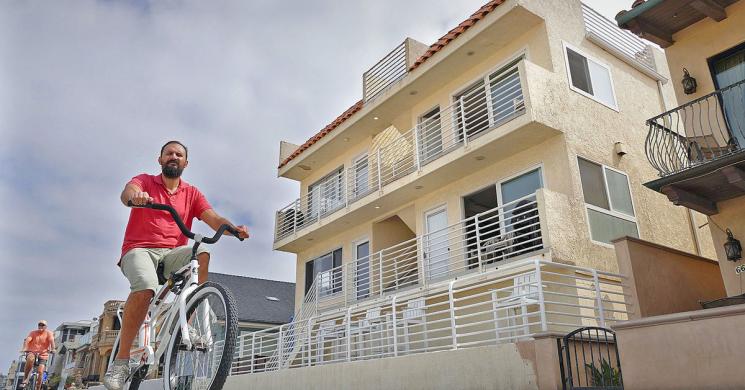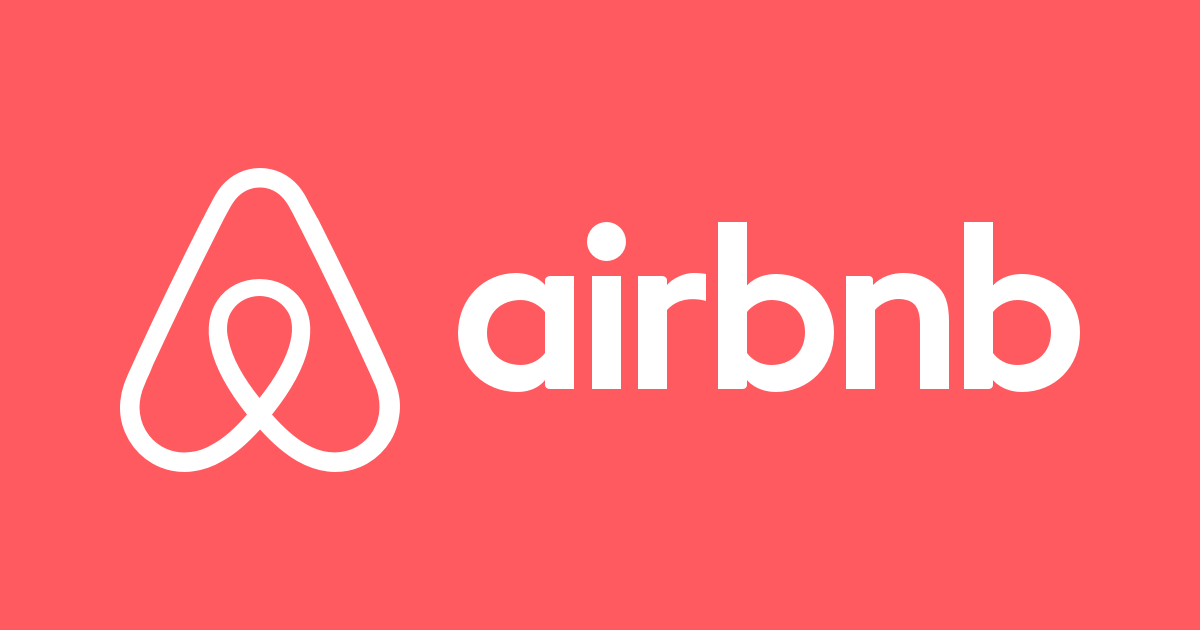
Airbnb and the Real Estate Market

Disruptive technologies are not just happening in manufacturing and sales industries. Disruptive ideas are challenging the way Americans think. Uber is telling Americans that ownership is not as important as control. The auto industry is turning slowly into a service industry.
Similarly, the Resort Industry is getting tapped on the shoulder. New ideas at the grass roots are changing how we value real estate all the time. In this particular piece by Brian Brady, the evolution of AirBnB is described in clear understandable terms. More so, the attempts by resort property owners to ban Air Bed and Breakfast may actually be doing long term harm to their investment properties. If you are a person of retirement age or someone with income property in a resort state like California or Florida, this should be noted. What may seem like a "cheapening" of renter quality, may actually be a boon for property value.- Soren K.
Will AirBnB Bans Harm Resort Real Estate Values ?
Author Brian Brady | In 2009, two San Francisco entrepreneurs addressed the problem of high rents by offering their living room as a "bed and breakfast" crash pad; this idea grew into the popular real estate sharing app, AirBnb. Today, AirBnB boasts over 2 million properties listed, as short-term rentals, in close to 34,000 cities in 191 countries.
Many resort-area property owners have turned their vacation properties into bed and breakfast/hotel-type vacation rentals and some "sharing economy" entrepreneurs have leased as many as 5-10 apartments to offer on AirBnB. The concept's popularity however, hasn't come without problems. Homeowners and permanent residents in those communities are getting fed up with the short-term rentals and are complaining to their city councils.Santa Monica, CA has effectively wiped out the business model by requiring require anyone listing on Airbnb to live on the property during the renter’s stay, register for a business license, and collect a 14% tax from users which is payable to the city. Other Southern California cities, like San Diego, are trying to enact similar ordinances. New York and San Francisco (where AirBnB started) have similar restrictions.
Politicians follow votes so owner-occupants are always going to drive the agenda in resort towns; absentee owners don't vote for the local city councils. While local governments have police powers for zoning, many resort cities have always had vacation rentals. In San Diego, where I sell and finance real estate, vacation rentals are a legitimate use for investors and many properties are sold to them with that use in mind. When all you have is a hammer, everything you see is a nail. Thus, local politicians throw common-sense zoning restrictions out the door to placate the local residents. Most permanent residents trump up complaints of loud parties and parking problems but the real (unspoken) complaint is that the vacation seasons have been extended by the avaialbilty of the AirBnB app. Politicians have existing ordinances to solve the noise and parking complaints are choosing the tough restrictions and bans.Actions have consequences. Permanent residents of resort communities might find that they are cutting their own throats. As profitability drops, so do housing values. What sounds like a great idea today might be ill-conceived when they choose to downsize their homes at retirement. About the Author
Brian J. Brady is a 20-year real estate agent and mortgage broker in San Diego, CA. He graduated the Villanova School of Business and is active in the San Diego Association of Realtors. Brian is a family man and politically active in his local community.
Contact Info
Phone: 858-777-9751
Business: SD Mortgage and Real Estate
FaceBook: Brian Brady
Read more by Soren K.Group







